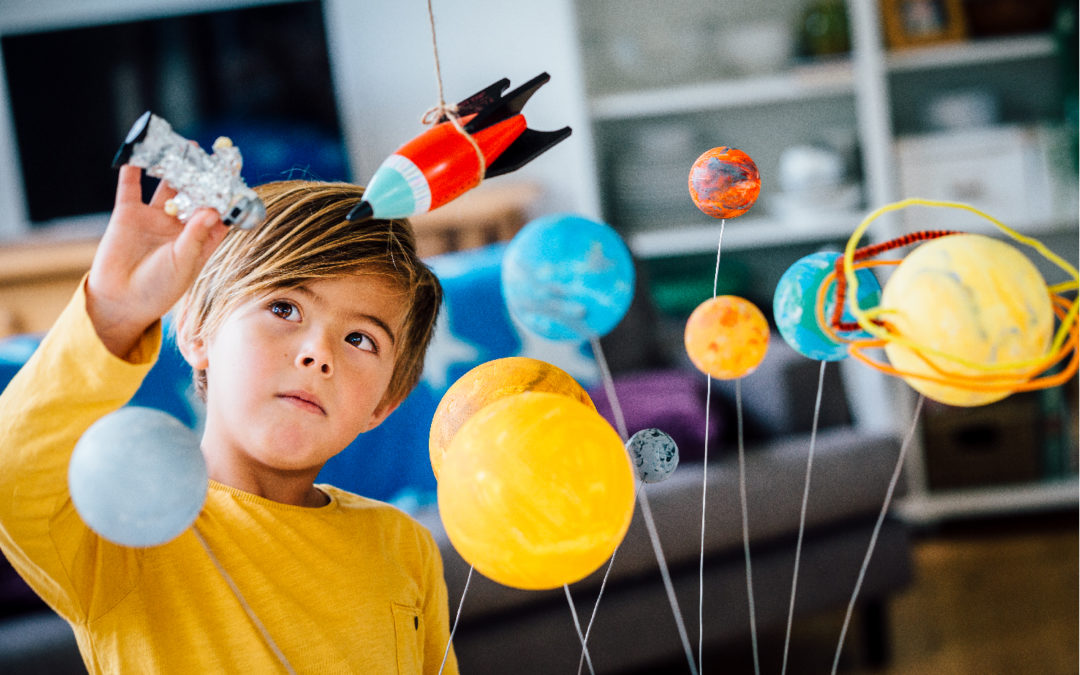The act of “wondering” is, arguably, one of the most fundamental acts of being human. Ask a person to describe the innate qualities of a young child and you will undoubtedly hear the words “curiosity” or “wonder.” Infants explore their worlds with a sense of awe. They grasp for and examine unfamiliar objects in an intense state of wonder. Toddlers repeatedly ask the question “Why?” in response to even the most seemingly mundane situations. Everything is fascinating and worth exploring.
Yet, ask a person to describe a teenager, and you might hear words like “apathetic” or “bored.” What happens? What happens to the child once fascinated by a bug crawling in the dirt, enthralled by the percussive sound of a spoon banging on the dining room table? Why do children seem to lose their sense of wonder? In The Hungry Mind, Director of the Program in Teaching and Senior Lecturer in Psychology at Williams College, Susan Engel seeks to understand curiosity. Engel concludes that an adolescent’s curiosity “rests in large part on the people and experiences that surround and shape a child’s daily life.” A sustained sense of wonder must be fostered. We must provide the conditions for wonder.
Unfortunately, in the era of standardized testing, schooling has become a quest to eliminate wonder by standardizing both thinking and doing. Strict pacing guides and curriculum maps dictate both the process of learning and the outcomes of it. There is little room for exploration, investigation, and creativity. Permission to wonder is conditional. Children may speak, but only one at a time and with a silent hand. Children may ask questions, but only if they are on topic. Wonder does not operate like a light switch. Children cannot turn off their instincts to explore, to question, to discuss, and to create and then turn them on again for a weekly “genius hour.” After 7,280 hours of turning the switch “off” (that’s 7 hours x 5 days a week x 26 weeks a year x 8 years of school), a teenager might find that it is difficult to turn the wonder switch back on.
Our world needs wonderers. Innovation and creation are the byproducts of a wondering mind. The inquiry process is born from curiosity. Harvard Business Review has written numerous articles linking curiosity to success in the workforce. Psychology Today lists curiosity as a tool for perspective-taking and loving-kindness. The late author, Pulitzer Prize nominee, David Foster Wallace famously wrote, “If you are immune to boredom, there is literally nothing you cannot accomplish.” At Phoenix Modern, we believe that our children’s sense of wonder will one day save our world.
We are committed to designing learning experiences that foster a sense of wonder. We have intentionally curated materials and loose parts intended for open-ended exploration. Self-correcting manipulatives allow for children to explore independently and to begin to construct a personal understanding of academic content. We are curious with our children and design experiences around their demonstrated interests and curiosities. Our engaging quests allow children to immerse themselves in a topic as researchers and investigators. We believe that it is our moral obligation to nurture children’s innate wonder, ensuring that they continue to love learning, ask questions, and find beauty in their world.

